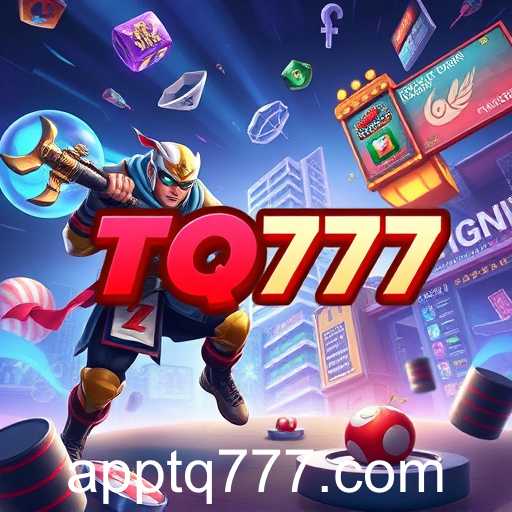Exploring how current gaming trends influence new educational platforms, with a focus on the integration of game-like elements in learning environments and their impact on student engagement.
In recent years, the integration of gaming elements into educational platforms has been a hot topic in the educational technology sector. With the acceleration of digital adoption in education, the demand for interactive and engaging learning environments has never been more pronounced. As of 2025, the incorporation of game-like elements, often referred to as 'gamification', is changing the way students interact with educational content.
One such platform that has been making waves in this area is tq777, an English-based game website that has expanded its offerings to include educational games. Utilizing the captivating elements of traditional video games, tq777 has managed to disrupt the conventional educational models and provide a more interactive learning experience. Its success lies in its ability to blend fun and learning, a combination that has shown to increase student motivation and heighten engagement.
The relevance of gaming in education can also be seen through the growing number of academic institutions that are willing to integrate digital games as part of their curriculum. Reports suggest that students who engage with educational games show improved learning outcomes compared to those who follow traditional learning methods. This has led to a more profound discussion around the use of gaming as a legitimate tool for education rather than just an entertainment medium.
Moreover, gaming trends have also impacted online learning dynamics significantly. As online education became the primary mode of learning during the global crisis of the early 2020s, platforms that adopted elements of gaming proved to be more resilient in maintaining student engagement. Features such as point scoring, leveling up, and immersive storytelling are now not only common in entertainment but are also vital in teaching complex subjects.
Looking forward, experts predict that gaming's role in education will only grow stronger. As technology continues to evolve, the line between gaming and learning is likely to blur further. This change is expected to drive innovation in the way educational content is delivered, assessed, and received, ultimately shaping the future landscape of education.




